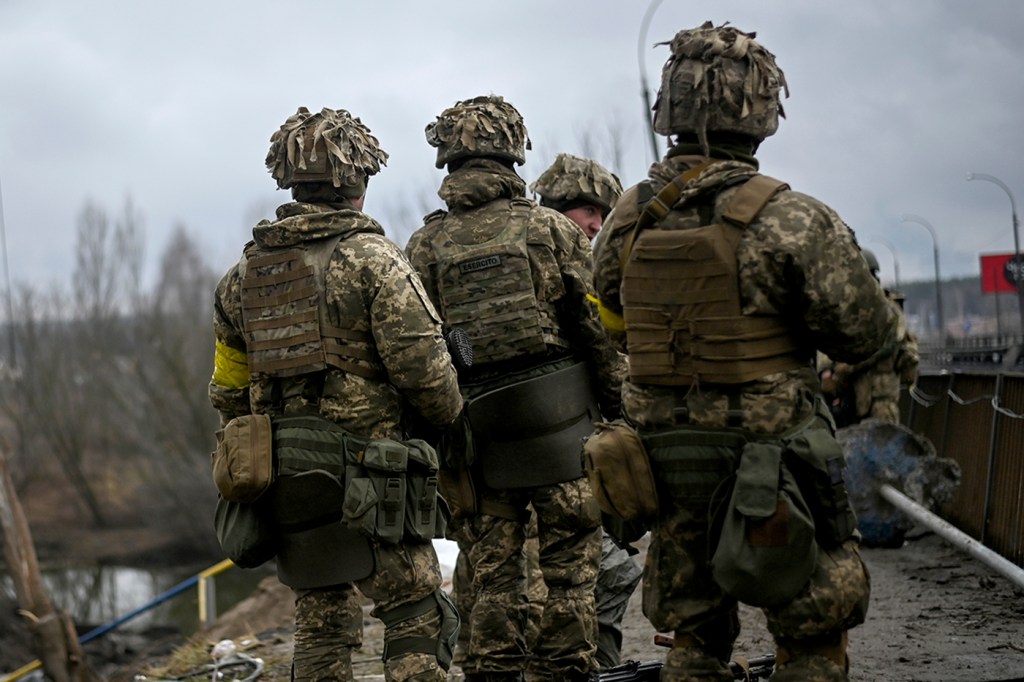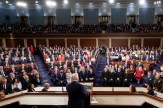In a historic shift driven by the Russia-Ukraine war, Germany building up its military

This report is part of ongoing coverage of the Russia-Ukraine war. Visit our dedicated page for more on this topic.

Germany is proposing to instantly increase military spending by $113 billion while offering weapons to Ukraine, reversing more than 70 years of military-averse policies that followed World War II.
“Many of us still remember our parents’ or grandparents’ tales of war,” German Chancellor Olaf Scholz said in reference to Hitler’s tragic aggressions. Germany’s pledge to militarize follows criticism of its failure to help lead the international response to Russia’s invasion of Ukraine.
“The spirit of this announcement was that the German government feels responsible for peace in Europe,” says Mai’a Cross, the Edward W. Brooke Professor of Political Science and International Affairs at Northeastern. “If you are the largest economy in Europe, you also have a responsibility to maintain peace.”
Cross spoke with News@Northeastern about the transformation of German leadership in the wake of the Russia-Ukraine war. Her comments have been edited for brevity and clarity.
What do you make of Germany’s announcement?
It’s a massive transformation of its security posture to increase defense spending.
The changes that are occurring in security policy across the EU member states, and particularly in Germany, mean that there’s now room to offer much more support to Ukraine in terms of financing weapons, transferring weapons directly, and providing other kinds of support that weren’t on the table before. These are very severe sanctions against Russia to help Ukraine.
How is the move being received in Germany?
It is really an about-face of German security policy. Surprisingly, the three parties that make up the German government are all completely in line with this new change. The government is lining up in this moment of crisis.
Later, when the practical reality sets in, maybe the [German] people will oppose this radical change in Germany’s approach. It is a militarization of Germany that hasn’t been there for decades. But the sense now is that this Russian aggression has been so shocking, and it has so fundamentally changed the sense of security in Europe and the precariousness of the situation with Russia, that the domestic public will support this move that has been proposed.
How will the rest of Europe react to a militarized Germany?
It really changes the power dynamics within the EU to suddenly have Germany go from being quite anti-militarist to being by far the largest defense spender in Europe. The challenge for German leadership is to emphasize that this is in the context of European security that Germany is stepping up to the plate as a good partner for Europe, and not that it’s doing this on its own as its own strategy. I think this is a much-welcomed development from the rest of the EU countries, and for those who are hoping for protection from the EU and NATO.
But it might cause pause amongst the French leadership, because France has been accustomed to being at the helm—with the U.K. before Brexit—when it comes to military might. When you have Germany emerging as a player in all of this, the Franco-German alliance will need special attention in the coming years to ensure that the military capacity of Germany doesn’t destabilize that relationship. If you spend more, you tend to have more of a say in political decision-making—so that’s what is at stake.
When did Germany turn the corner to no longer be viewed as a threat to Europe?
In some ways, [the threat] has always been there in the background; it depends who you ask.
But this move is not necessarily about German militarism. It’s more about the nature of German leadership.
So many German leaders have gone out of their way not to step up in front of Europe, but to step alongside other European leaders—to have a united front with Europe as opposed to being out there on their own.
For media inquiries, please contact Marirose Sartoretto at m.sartoretto@northeastern.edu or 617-373-5718.






